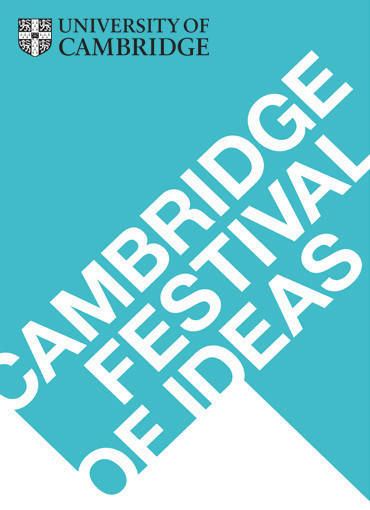Festival of Ideas 2019 : Artificial Intelligence and Social Change
Duration: 45 mins 3 secs
Share this media item:
Embed this media item:
Embed this media item:
About this item

| Description: |
This talk considers how specifically language-based AI systems (for example, speech recognition, machine translation or smart telecommunications interfaces) have affected and transformed modern society. In an age when we spend large parts of our daily lives communicating with our smartphones and Virtual Personal Assistants such as Siri, Cortana, and Alexa, we need to consider how these technologies actually impact our lives. While these intelligent systems can certainly have a positive impact on society (e.g. by promoting free speech and political engagement), they also offer opportunities for distortion and deception. Unbalanced data sets used to train automated systems can reinforce problematical social biases; automated Twitter bots can drastically increase the spread of fake news and hate speech online; and the responses of automated Virtual Personal Assistants during conversations about sensitive topics (e.g. suicidal tendencies, religion, sexual identity) can have serious consequences. We will explore some of these issues as well as discuss opportunities to implement these systems and technologies in ways that may affect more positively the kinds of social change that will shape modern digital democracies in the immediate future.
A talk by Dr Stephanie Ullmann and Dr Marcus Tomalin from the 'Giving Voice to Digital Democracies' project at CRASSH. |
|---|
| Created: | 2019-11-01 10:37 |
|---|---|
| Collection: | CRASSH |
| Publisher: | University of Cambridge |
| Copyright: | Glenn Jobson |
| Language: | eng (English) |
| Keywords: | Stephanie Ullmann; Marcus Tomalin; CRASSH; Festival of Ideas; |
| Abstract: | This talk considers how specifically language-based AI systems (for example, speech recognition, machine translation or smart telecommunications interfaces) have affected and transformed modern society. In an age when we spend large parts of our daily lives communicating with our smartphones and Virtual Personal Assistants such as Siri, Cortana, and Alexa, we need to consider how these technologies actually impact our lives. While these intelligent systems can certainly have a positive impact on society (e.g. by promoting free speech and political engagement), they also offer opportunities for distortion and deception. Unbalanced data sets used to train automated systems can reinforce problematical social biases; automated Twitter bots can drastically increase the spread of fake news and hate speech online; and the responses of automated Virtual Personal Assistants during conversations about sensitive topics (e.g. suicidal tendencies, religion, sexual identity) can have serious consequences. We will explore some of these issues as well as discuss opportunities to implement these systems and technologies in ways that may affect more positively the kinds of social change that will shape modern digital democracies in the immediate future.
A talk by Dr Stephanie Ullmann and Dr Marcus Tomalin from the 'Giving Voice to Digital Democracies' project at CRASSH. |
|---|---|

